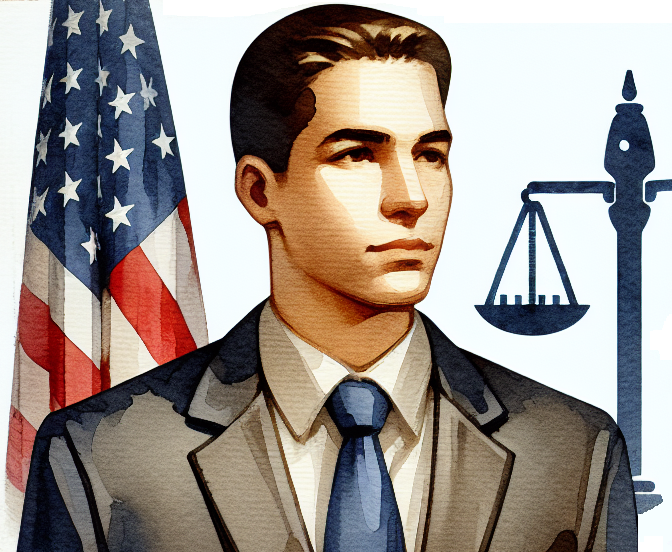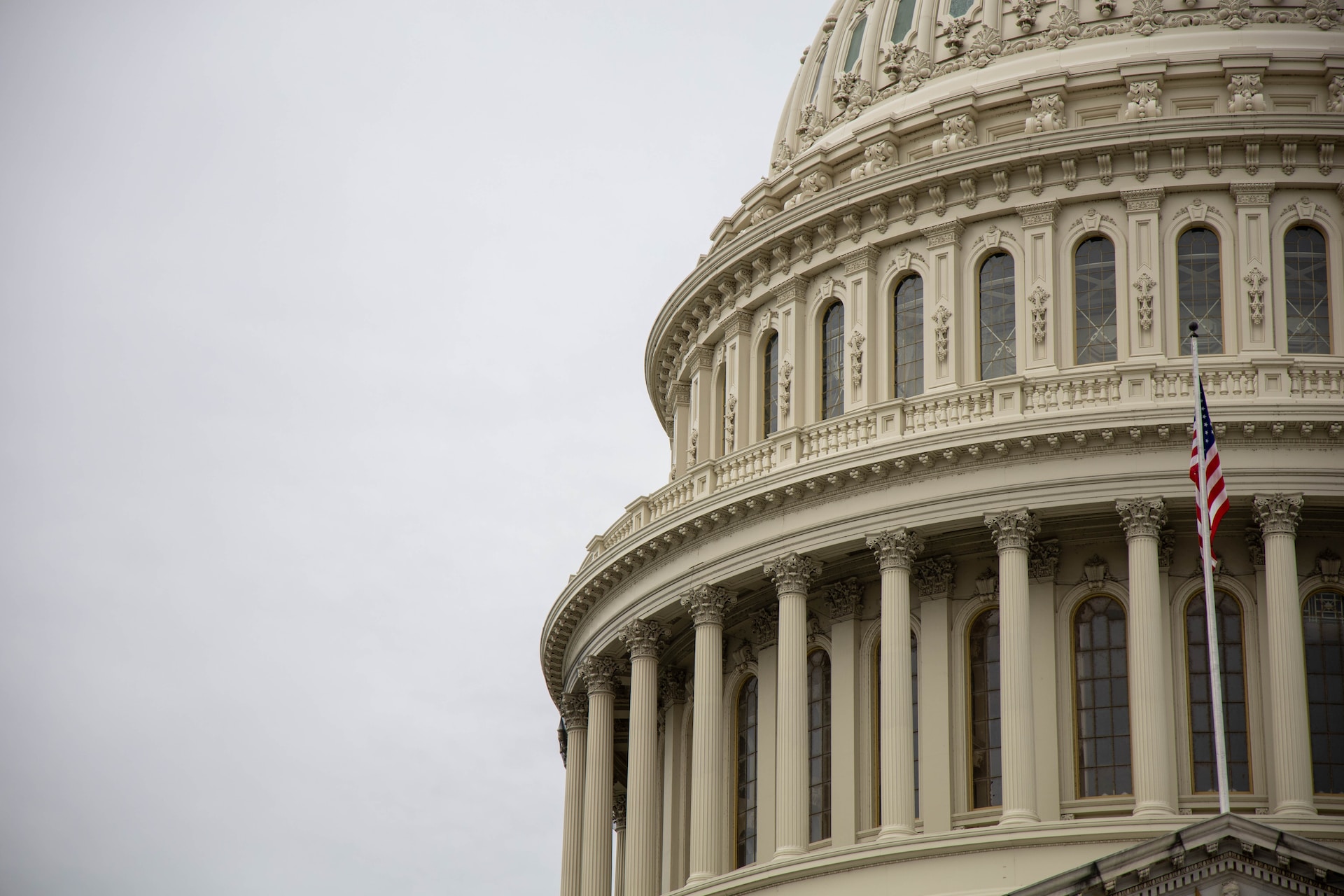In the complex landscape of legal rights, one fundamental principle stands as a safeguard against self-incrimination—the right to remain silent. Rooted in the Fifth Amendment of the United States Constitution, this right empowers individuals to withhold potentially self-damaging information in the face of legal inquiries. Understanding and invoking this right is not merely a legal technicality but a powerful tool that can protect individuals from unintended consequences.
At its core, the right to remain silent is the prerogative of an individual to abstain from answering questions posed by law enforcement or other authorities. It serves as a shield against compelled self-incrimination, a principle dating back to English common law and enshrined in the U.S. Constitution to prevent coercion and protect the accused.
Table of Contents
- The Right to Remain Silent
- Reasons to Invoke the Right to Remain Silent
- How to Invoke the Right to Remain Silent
- Common Misconceptions
- Legal Ramifications of Invoking the Right to Remain Silent
- Practical Advice and Considerations
- Final Thoughts
The Right to Remain Silent
To truly appreciate the gravity of the right to remain silent, one must delve into its historical roots. This fundamental right traces its lineage back through centuries of legal evolution, with origins deeply embedded in the principles of justice and fairness. The concept of remaining silent in the face of accusations finds its roots in English common law, where the idea of protecting individuals from self-incrimination took early shape.
Over time, this concept gained recognition as a fundamental human right, a recognition that transcended borders and influenced legal systems across the globe. The evolution of the right to remain silent reflects a collective understanding that the legal process must not coerce individuals into acting against their own interests.
Constitutional Basis (Fifth Amendment in the U.S.)
In the United States, the right to remain silent finds explicit protection in the Fifth Amendment of the Constitution. This constitutional provision states that no person “shall be compelled in any criminal case to be a witness against himself.” The inclusion of this right was a deliberate choice by the framers, echoing a commitment to individual liberties and the principle that no one should be forced to contribute to their own prosecution.
The Fifth Amendment’s protection extends beyond the courtroom and is a shield against government overreach at various stages of legal proceedings. Whether during police questioning, arrest, or trial, individuals can invoke this constitutional right to guard themselves against self-incrimination.
Scope and Applicability
The scope of the right to remain silent is broad and encompasses a variety of legal scenarios. While commonly associated with criminal trials, its applicability extends to interactions with law enforcement at the time of arrest or during investigations. Whether a person is a suspect, witness, or defendant, the right to remain silent remains a powerful and universal tool.
Reasons to Invoke the Right to Remain Silent
Protection Against Self-Incrimination
At the heart of the right to remain silent lies a fundamental protection: the right to avoid self-incrimination. This principle recognizes the vulnerability of individuals in legal proceedings and acknowledges that silence can be a shield against unwittingly providing information that may be used against them. By invoking this right, individuals exercise a fundamental aspect of their legal agency, preventing their own words from becoming ammunition in the hands of the prosecution.
Potential Consequences of Speaking Without Legal Counsel
One of the most compelling reasons to invoke the right to remain silent is the potential peril of speaking without the guidance of legal counsel. In the complex and often adversarial arena of legal proceedings, individuals may inadvertently divulge information that could harm their case. Without the nuanced understanding of legal nuances, statutes, and potential implications, speaking without legal representation can be a precarious endeavor. The right to remain silent thus serves as a protective mechanism, affording individuals the opportunity to consult with legal professionals before navigating the legal labyrinth.
Preserving the Right in Various Legal Contexts (e.g., Arrests, Interrogations)
The right to remain silent is not a privilege reserved solely for the courtroom. Its potency extends to various legal contexts, starting from the moment of arrest and continuing through interrogations. Whether faced with police questioning or detained during an investigation, individuals can exercise this right to shield themselves from inadvertent self-disclosure. Recognizing the importance of preserving this right in different legal scenarios empowers individuals to navigate the complexities of the justice system with a strategic and informed approach.
How to Invoke the Right to Remain Silent
Clearly Asserting the Right
The effectiveness of the right to remain silent lies in its conscious and unequivocal invocation. When faced with questioning from law enforcement, clarity is key. Individuals must assert their right with confidence, making it unmistakably clear that they choose not to answer questions that may incriminate them. A firm and unambiguous statement, such as “I am invoking my right to remain silent,” sends a powerful signal, reinforcing the legal boundaries that protect individuals in these situations.
Choosing the Appropriate Wording
The art of invoking the right to remain silent extends to choosing the right words. While the statement should be clear, it should also be concise and to the point. Avoiding unnecessary information or qualifiers ensures that the message remains focused on the invocation of the right rather than inadvertently providing more details than necessary. Simple, direct language helps prevent misinterpretation and reinforces the individual’s commitment to exercising their legal rights responsibly.
Handling Situations Where Law Enforcement May Attempt to Bypass the Right
Law enforcement may sometimes employ tactics to elicit information despite an individual’s assertion of the right to remain silent. It is crucial for individuals to be prepared for such scenarios and to stand firm in protecting their rights. This may involve politely but firmly reiterating the decision not to answer questions without legal counsel present. Additionally, individuals should be aware that remaining silent does not imply guilt, and they should resist any pressure to speak without proper legal advice.
Understanding potential strategies law enforcement may use to bypass the right to remain silent empowers individuals to navigate these situations with resilience. Remaining composed and steadfast in the face of such tactics ensures that the right to silence is preserved and respected.
Common Misconceptions
In the realm of legal rights, misconceptions can abound, and the right to remain silent is no exception. One prevalent misunderstanding is the notion that only the guilty assert this right. In reality, the right to remain silent is a fundamental safeguard for all individuals, innocent or not. This misconception often stems from a lack of understanding of the legal system and underscores the importance of educating the public about the true purpose and implications of this crucial right.
Instances Where Individuals May Inadvertently Waive the Right
Another common pitfall is the inadvertent waiver of the right to remain silent. Individuals may unknowingly waive this right by providing information or answering questions without explicitly invoking it. This can occur due to pressure, confusion, or a lack of awareness about the potential consequences. It is vital for individuals to recognize situations where their actions might be interpreted as waiving this right, emphasizing the need for a clear and intentional invocation to ensure its protection.
Clarifying Misconceptions to Ensure Effective Use of the Right
To ensure the effective use of the right to remain silent, it is imperative to dispel these misconceptions. Education plays a crucial role in empowering individuals to make informed decisions when faced with legal challenges. By clarifying that the right to remain silent is not an admission of guilt but a strategic and lawful choice, individuals can confidently exercise this right without succumbing to societal stigmas.
Moreover, highlighting instances where individuals may inadvertently waive the right underscores the need for mindfulness in legal interactions. Clarifying the circumstances that can compromise the protection afforded by this right empowers individuals to navigate legal proceedings with a heightened awareness of their rights.
Legal Ramifications of Invoking the Right to Remain Silent
Protections Against Adverse Inferences
One of the primary benefits of invoking the right to remain silent is the protection against adverse inferences in legal proceedings. This means that the prosecution cannot use an individual’s decision to remain silent as evidence of guilt. The legal system recognizes the right to remain silent as a fundamental privilege, and any attempt to use it against the individual is considered a violation of their rights. Understanding this protection reinforces the importance of confidently asserting the right without fear of negative repercussions.
Limitations on the Use of Silence in Court
While the right to remain silent is a powerful shield, it is not without limitations. In some cases, the prosecution may attempt to introduce evidence of the accused’s pre-arrest silence. However, legal precedent has set boundaries on the admissibility of such evidence. Understanding these limitations is crucial for individuals and their legal counsel to mount an effective defense. By navigating the nuances of when and how silence can be introduced in court, individuals can better safeguard their interests.
Potential Impact on Legal Proceedings
The decision to remain silent can have a significant impact on the trajectory of legal proceedings. It may influence the strategies employed by both the prosecution and the defense. For the defense, it provides an opportunity to build a case without the risk of self-incrimination. On the prosecution’s side, the absence of certain statements may limit their ability to establish guilt. Navigating these dynamics requires a strategic approach, and individuals must work closely with legal professionals to ensure that the impact of invoking the right to remain silent aligns with their overall defense strategy.
Practical Advice and Considerations
Educating Oneself About Legal Rights
Empowerment in legal situations begins with knowledge. Educating oneself about legal rights, especially the right to remain silent, is a fundamental step toward navigating the complexities of the justice system. Understanding the nuances of when and how to assert this right provides individuals with a crucial tool for protecting themselves in various legal scenarios. Online resources, legal guides, and community workshops are valuable avenues for gaining this knowledge, contributing to a more informed and legally literate society.
Seeking Legal Counsel When Necessary
In the intricate landscape of legal proceedings, the importance of seeking legal counsel cannot be overstated. When faced with a situation where the right to remain silent may come into play, consulting with a knowledgeable attorney provides invaluable guidance. Legal professionals can offer tailored advice based on the specifics of each case, ensuring that individuals make informed decisions that align with their best interests. This collaboration between individuals and legal experts is a cornerstone of a fair and just legal system.
Examples and Scenarios Illustrating When to Invoke the Right
Real-world examples and scenarios serve as powerful teaching tools, offering practical insights into when to invoke the right to remain silent. Consider situations such as police questioning, arrests, or investigations where asserting this right becomes a strategic move. By examining these scenarios, individuals can better grasp the timing and circumstances that warrant the use of this fundamental right. Case studies and examples shed light on the nuances of legal interactions, empowering individuals to make decisions that protect their rights effectively.
Final Thoughts
The right to remain silent stands as a pillar of protection in the complex world of legal proceedings. By understanding its historical context, constitutional underpinnings, and practical applications, individuals can navigate the legal landscape with confidence and clarity. The journey through this exploration is not just a legal exercise but a call to action, urging individuals to be active participants in their legal narratives and champions of justice. As we close this chapter, let it serve as a reminder that the right to remain silent is not just a privilege; it is a fundamental right that empowers individuals on their journey through the intricacies of the justice system.

An accomplished defense lawyer who, after hours of navigating the complexities of the legal system, enjoys spending free time honing his marksmanship skills at the shooting range.





